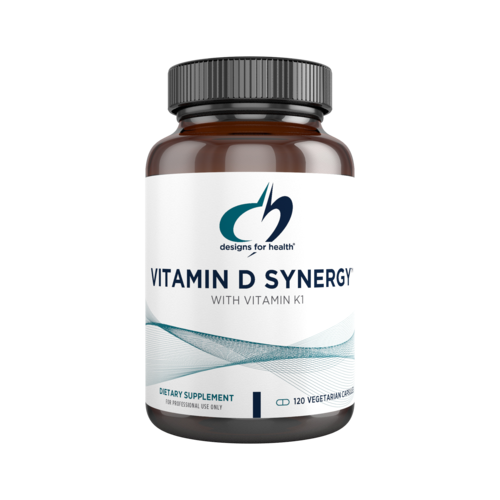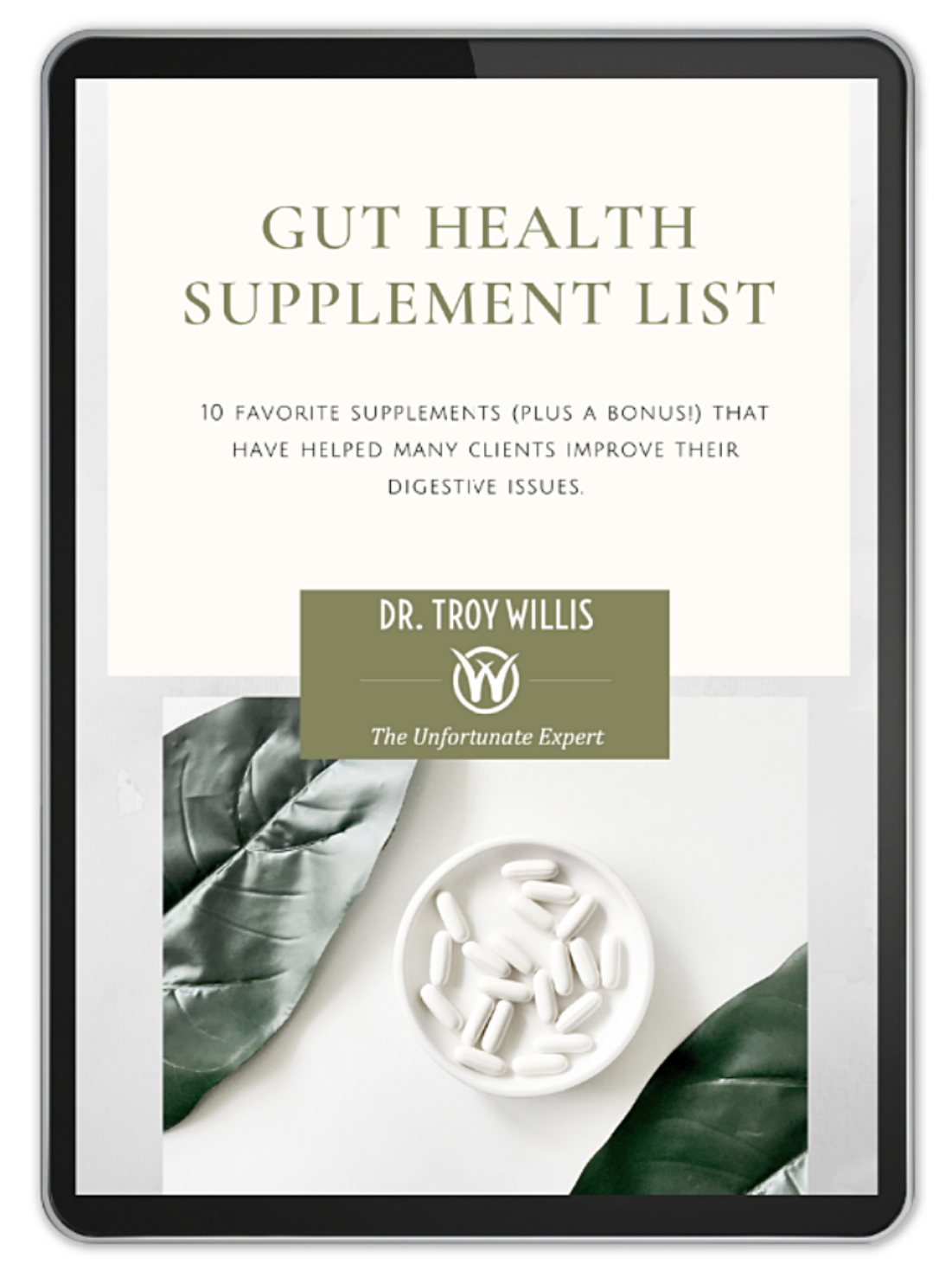Vitamin D deficiency plays a significant role in autoimmune disease, gut health, and digestion. In fact, there is strong evidence that Vitamin D deficiency may even be a contributor to autoimmune disease.
Your body synthesizes Vitamin D in response to absorption of UVB radiation from the sun. It is a type of steroid hormone that controls the expression of more than 200 genes and the proteins those genes regulate.
Why do you need Vitamin D?
- It’s essential for mineral metabolism (calcium, phosphorous, and magnesium) , bone mineralization and growth
- It’s involved in regulating the release of serotonin, which is required for healthy digestion
- It helps control cell growth, so it’s a MUST HAVE for healing
- It’s CRUCIAL for regulating several key components of your immune system
 Studies suggest that Vitamin D deficiency may even be a trigger for certain autoimmune diseases such as lupus, rheumatoid arthritis, celiac disease, psoriasis, and inflammatory bowel disease (Crohn’s & Colitis!).
Studies suggest that Vitamin D deficiency may even be a trigger for certain autoimmune diseases such as lupus, rheumatoid arthritis, celiac disease, psoriasis, and inflammatory bowel disease (Crohn’s & Colitis!).And…brace yourself for this!! There are preliminary trials is Spain that suggest taking Vitamin D greatly reduces the risk of ICU admission and may even completely eliminate the risk of death from COVID.|
Please note that Vitamin D is NOT a cure for COVID, however early research is showing it’s of major significance.
Convinced you need to pay attention to Vitamin D yet? You’re not alone!
Here’s are a few ways you can get more Vitamin D:
1. Get outside!
The best way to get more Vitamin D is through daily sun exposure on your skin. At least 10-15 minutes a day is recommended, but the duration tolerated varies based on skin tone and your risk for developing skin cancer. Aim for about half the time it takes for your skin to turn pink. Morning sun is great as you’re less likely to burn and it also helps stabilize your circadian rhythms and sleep cycles.
2. UV lamps
In geographies where sun exposure is difficult, a lamp that emits UV-B radiation can also boost your Vitamin D levels. However, these lamps can be costly and it’s important to limit your exposure (typically less than 15 minutes per day), as too much could burn your skin.
3. Nutrition
Vitamin D is found in fatty fish such as Cod liver oil, salmon, tuna, and sardines. Egg yolks and mushrooms are also rich in Vitamin D. It’s important that you’re also considering co-factors needed for Vitamin D absorption, such as magnesium, Vitamins A and K2.
4. Supplements
In climates where direct skin exposure to sun is difficult, or in the Fall in Winter months in many places in our country where it’s colder in general, consider adding a Vitamin D supplement.
 The supplements I like are Designs for Health brand:
The supplements I like are Designs for Health brand:
Vitamin D Complex* (includes the other fat-soluble vitamins)
Vitamin D Synergy* (just Vitamins D3 and K, if you already take a multi-vitamin)
**Please note that both include Vitamin K, which is contraindicated if you are taking a blood thinner such as Coumadin
If you’re interested in purchasing these supplements at a discount, send me and email and I’ll get you setup!
Interested in a customized supplement routine designed just for you and your unique situation? I’ve got you covered!
Happy healing!
Dr. Troy














0 Comments